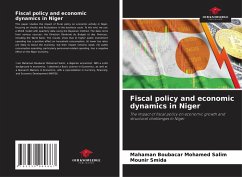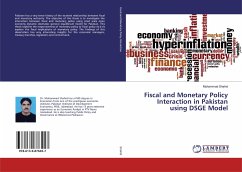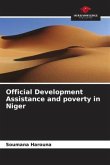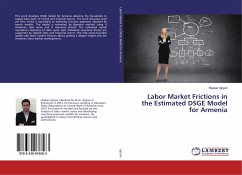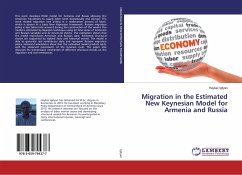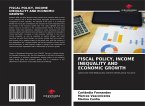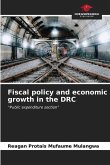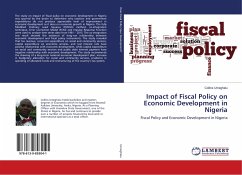This paper studies the impact of fiscal policy on economic activity in Niger, focusing on shocks and fluctuations in the business cycle. To this end, we use a DSGE model with quarterly data using the Bayesian method. The data come from various sources: the Direction Générale du Budget et des Finances, including the World Bank. The results show that (i) higher public investment spending has a positive effect on household consumption; (ii) lower tax rates are likely to boost the economy, but their impact remains weak; (iii) public consumption spending, particularly personnel-related spending, has a negative effect on the Niger economy.
Bitte wählen Sie Ihr Anliegen aus.
Rechnungen
Retourenschein anfordern
Bestellstatus
Storno

